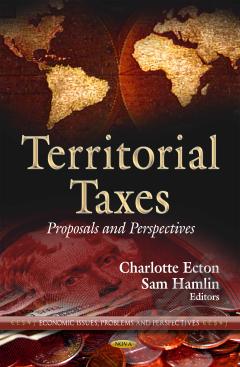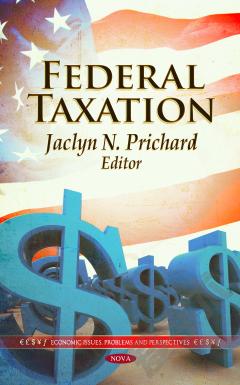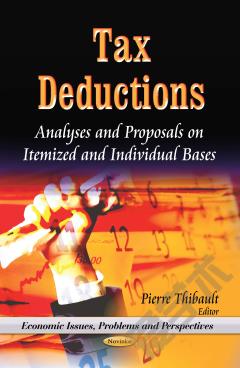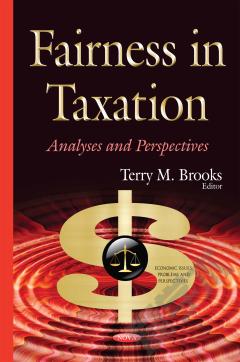Territorial Taxes: Proposals and Perspectives
Tax reform is a perennial issue before Congress. One area of increasing attention is the taxation of U.S. companies on the income they earn abroad. Business leaders have been urging a movement toward a territorial tax, which would generally eliminate U.S. income taxes on active foreign source income. Tax on the income of foreign subsidiaries is deferred until repatriated and tax can be avoided by not repatriating income. Economists have traditionally analyzed the foreign tax system in terms of economic efficiency. Economic theory tends to support, on efficiency grounds, a worldwide system in which income from U.S. investment earned abroad is subject to the same tax, or as close to the same tax as possible, as that on domestic investment. This book provides an overview of how the international tax system works and describes the magnitude and distribution of foreign source income and taxes, with a focus on the alternative features of a territorial tax and their consequences.
{{comment.content}}








 京公网安备 11010802027623号
京公网安备 11010802027623号